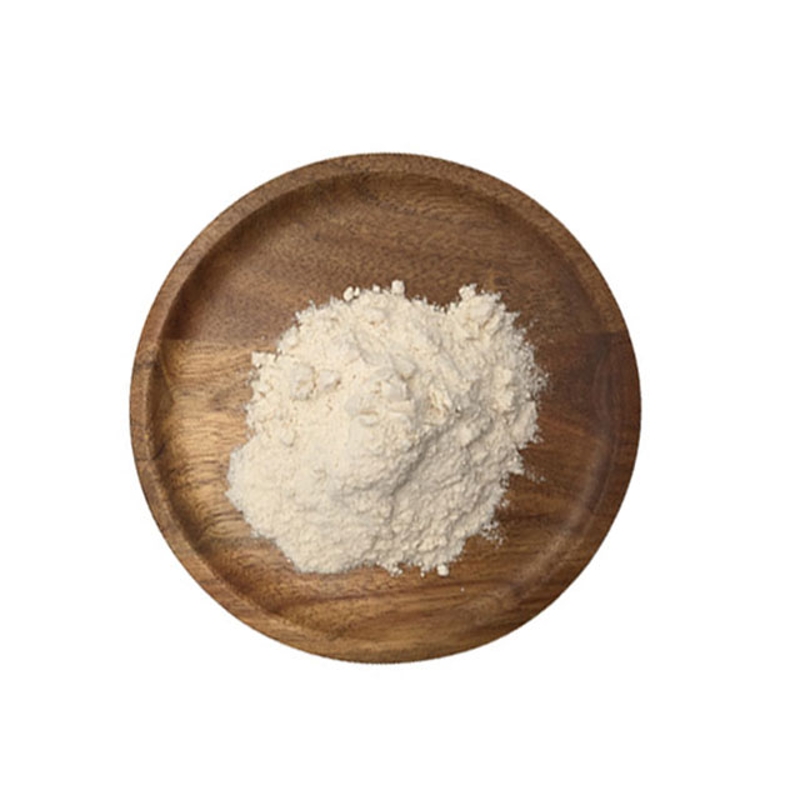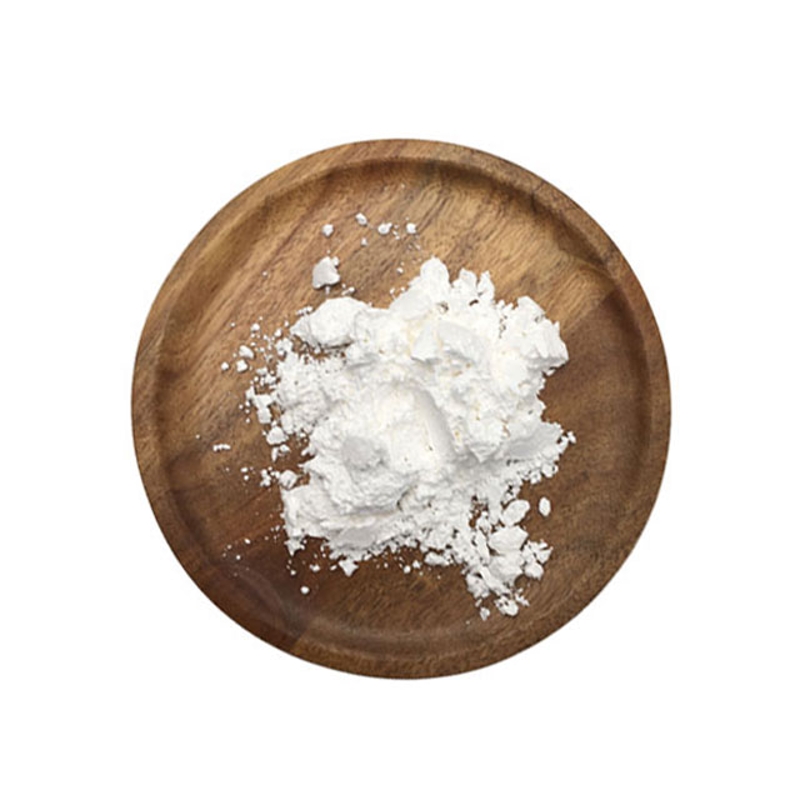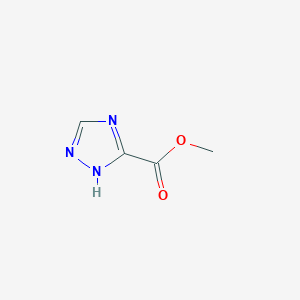The test of drug price marketization is the government
-
Last Update: 2015-05-06
-
Source: Internet
-
Author: User
Search more information of high quality chemicals, good prices and reliable suppliers, visit
www.echemi.com
Source: bioprospecting / Liao Xinbo 2015-5-6 price of blood products, class I psychoactive and narcotic drugs, patent drugs and other four drugs was officially released today I think it will have a profound impact on the whole medical market and the medical industry, and more or less it will cause some structural changes in the medical industry Among them, the biggest impact is to solve the problem that cheap drugs were not produced and patients could not buy them in the past, especially those cheap life-saving drugs For example, the pricing of psychotropic drugs and anesthetics is very cheap, but according to the current drug bidding scheme, the bidding price cannot exceed this price, so how can manufacturers be willing to produce? The manufacturer is not a philanthropist, so the business of losing money will not be done! But if the price is liberalized, the manufacturer will set the market price according to the raw material cost, labor cost, flow cost, etc of the product, then this price can guarantee the production and circulation of the cheap drugs, so as to deliver them to the hospital and finally to the patients Although liberalizing the price of drugs may increase the cost, after liberalizing the price, because the price is reasonable, the supply of drugs can be ensured I think this is also a specific performance of "government guidance, market driven, and resource allocation determined by the market" in line with the market law By reducing the means of administrative means to keep prices down in the past, the drug price will return to the right way In fact, the law of price is also the law of market Although the market is profit-making, we do not need to avoid it, as long as the government and the market are responsible for it While drug price liberalization promotes some low-cost drugs to return to the market, the price of some high-cost drugs is also subject to fluctuations However, this kind of fluctuation is not the intervention of the government, but moves according to the demand curve It may be vicious competition or virtuous circle All right, as long as the government sets a fair competition environment, competition is orderly Of course, we hope for orderly competition, but there may also be price alliances, that is, we can jointly push up the price of a drug or some drugs to form a price monopoly At this time, the government may intervene and punish through some administrative means However, we have monopoly law, and we can use monopoly law to restrict price alliance Some believe that liberalizing drug prices will have a significant impact on hospitals that account for the vast majority of drug sales In fact, no matter how high the drug price is, it will not have an impact on the hospital after the abolition of "medical care with drugs", unless we still haven't changed the policy concept of "medical care with drugs" No matter whether the prices of drugs and health materials are liberalized or not, if the drug sales still have an impact on hospitals, the key is that the virtual high pricing part of the drug circulation field exists in the form of unreasonable competition and price monopoly At this time, the market needs to calculate the bribery cost in circulation, which eventually leads to the drug price still can not fall back to a reasonable level So what's the difference between price liberalization and non liberalization? Therefore, while liberalizing drug prices, we should, on the one hand, abolish "supporting doctors with drugs" and establish a reasonable payment system; on the other hand, we should raise the price of medical services to a reasonable level It can be said that such a reform is "painful", because the market affects many interests If we simply cancel the policy of "supporting doctors with drugs", what will the hospital rely on to maintain its development and operation? If the pressure of "taking care of the doctor by taking care of the doctor by taking care of the doctor" is reduced, it must be to make the service price of the doctor reach a reasonable level Therefore, if the price of medical services can not be raised and the "medical examination and maintenance" cannot be pressed down, it is that the current mechanism has not been changed; if the pressure is a little bit, it has increased a lot, it is the impact on the whole medical service price system As I said, medical reform is impossible to reduce medical expenses Five years ago, I still say that It's not only a question of how much a drug costs, but also a lot of unreasonable needs to return to Rationality - act according to the market rules! So today, I still ask you to make psychological preparations: no matter how the drug price is changed, it's impossible for the drug price to reach a very low level; The price of medical service in our country has been in the level of anti market pricing, but from the monthly salary system of medical staff to the price of every medical behavior and every medical security, it is inevitable that the medical cost will rise We can't think that "the reform of health care has failed" just because "the reform has increased the cost of health care" Even if the price returns to the natural level, but from its development point of view, the medical expenses also rise slowly Of course, it's not a very steep rise Therefore, the purpose of our reform is to make the price return to reasonable - this is the reason we must always adhere to! Once the drug price is released, what should the government do? To ensure fairness and the availability of medicines Although the production and circulation of drugs are market behaviors, if we want to make them public welfare, the government has two ways to go: one is to plan production and supply; the other is to purchase drugs from the market and then provide them to the public The operation of the hospital itself follows the law of the market If the government wants to maintain the public welfare of the public hospital, it must support the medical staff (this is not the only way of course), and build the hospital according to its own financial resources to ensure the provision of basic medical care In fact, after the price of drugs has been liberalized, government procurement is carried out through competition: if I offer such a price, will there be anyone to produce it; if there is such a quality requirement, will there be anyone to produce it; if not, I will improve step by step to reach the price I can buy This is the market, not the planned economy in the past: I ordered aspirin at three cents, because the pharmaceutical factory is owned by me, and even the workers of the pharmaceutical factory are owned by me, so the pharmaceutical factory can only price according to the raw materials So, it's a different concept Once the price of drugs is released, another problem is drug bidding If all drug prices return to the market, it will also be a challenge for unified bidding How can we implement the basic medical treatment and basic drug system? Who will do it? Remember: it's not hospital implementation, it's government! In fact, the essential drug system is that the world health organization requires countries with insufficient drug supply to ensure the availability of medicines through government procurement That is to say, the basic drug system is that the government purchases drugs from the market and provides them to the patients, rather than relying on administrative means to reduce the price of drugs to a low level, but in the environment of "medical support by drugs", the hospital does not calculate the cost according to the market rules, making the hospital run at a loss If this continues, there is little use in increasing the essential drug system, which is just a catalogue Therefore, the mechanism of the basic drug system needs to be changed accordingly At present, the drug bidding we have carried out is not really a real bidding, because there is a policy to set a ceiling price, and if drugs want to participate in the bidding, the price of drugs must be reduced by 20%, which is some administrative intervention If it is a real market bidding, such as the bidding of the Hong Kong government, it is to provide drugs for all government hospitals It is not to win by price, but to recruit the drugs needed in this region Moreover, the drugs needed are the most appropriate among many varieties, that is, the best cost-effective of efficacy and price, rather than the cheapest However, we always emphasize the price now, so either one move will die, or the higher the move, this is abnormal! At present, the government run hospitals do not provide public welfare medical services for the public with the financial support of the government If the government really performs its duties and changes the current situation, then drug bidding should be a relevant supply mode; if there is no change, the government is neither supplying drugs, not using drugs, nor managing drugs, then unified bidding seems a little strange Therefore, the government should not be the main body to carry out drug bidding, but should encourage or require hospitals to bid for drugs; or directly by the medical insurance department bidding, according to the doctor's prescription to provide drugs to the insured In my opinion, it is more reasonable for the medical insurance department to bid on behalf of the insured If the government wants to provide more welfare to the public, either it needs to invest in the supplier and ask the hospital to provide basic medical services for the public at a price lower than the market price or even lower than the cost; or it needs to invest in the demander so that the medical insurance department can buy more services for the insured However, whether the government is a supplier or a demander, the next question is: where will public hospitals go? Drug price liberalization, for hospitals, the most important thing is whether the environment of drug-based care has changed If 15% of the drug mark up has not been cancelled, the interests of hospitals are still related to the price of drugs If the price is high and the achievement is high, the price of another drug will be "raised" by the market behavior! As the cost management center of the hospital, there is no doubt that the potency ratio of drugs is the first consideration of the hospital If the profits of drugs are reduced, the hospital's "pharmacy trusteeship" mode will not go far! The second bargaining is meaningless! In short, when drug prices are liberalized, the market will not be disordered; when drug prices are liberalized, the government is not doing nothing or letting the market go unchecked What should the government do? The most important thing is supervision! It is to maintain the order and fairness of the market! It is to ensure the supply of drugs! In order to make the price of drugs really fall to a reasonable price in the market regulation, we must eliminate the use of drugs to support doctors!
This article is an English version of an article which is originally in the Chinese language on echemi.com and is provided for information purposes only.
This website makes no representation or warranty of any kind, either expressed or implied, as to the accuracy, completeness ownership or reliability of
the article or any translations thereof. If you have any concerns or complaints relating to the article, please send an email, providing a detailed
description of the concern or complaint, to
service@echemi.com. A staff member will contact you within 5 working days. Once verified, infringing content
will be removed immediately.







